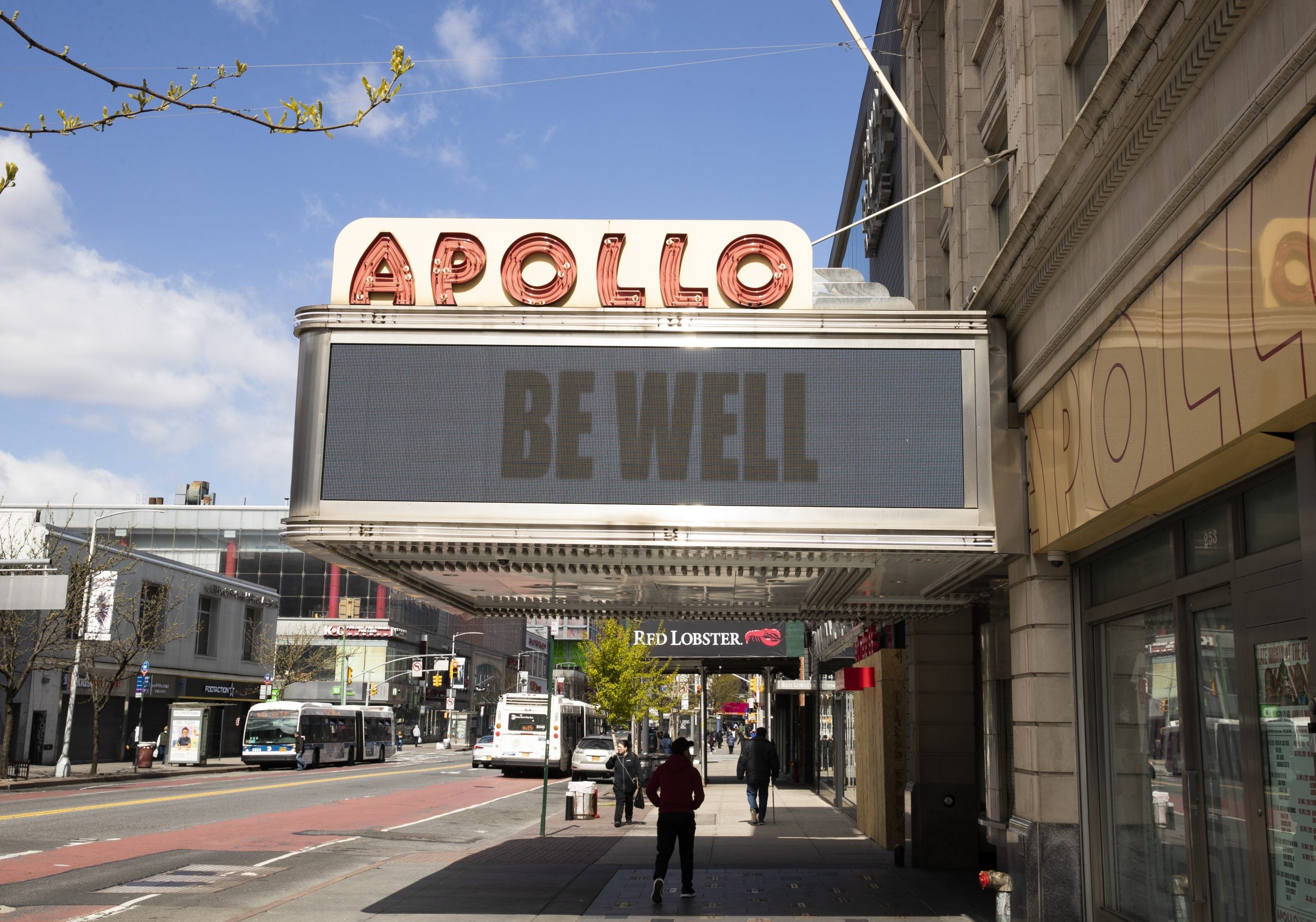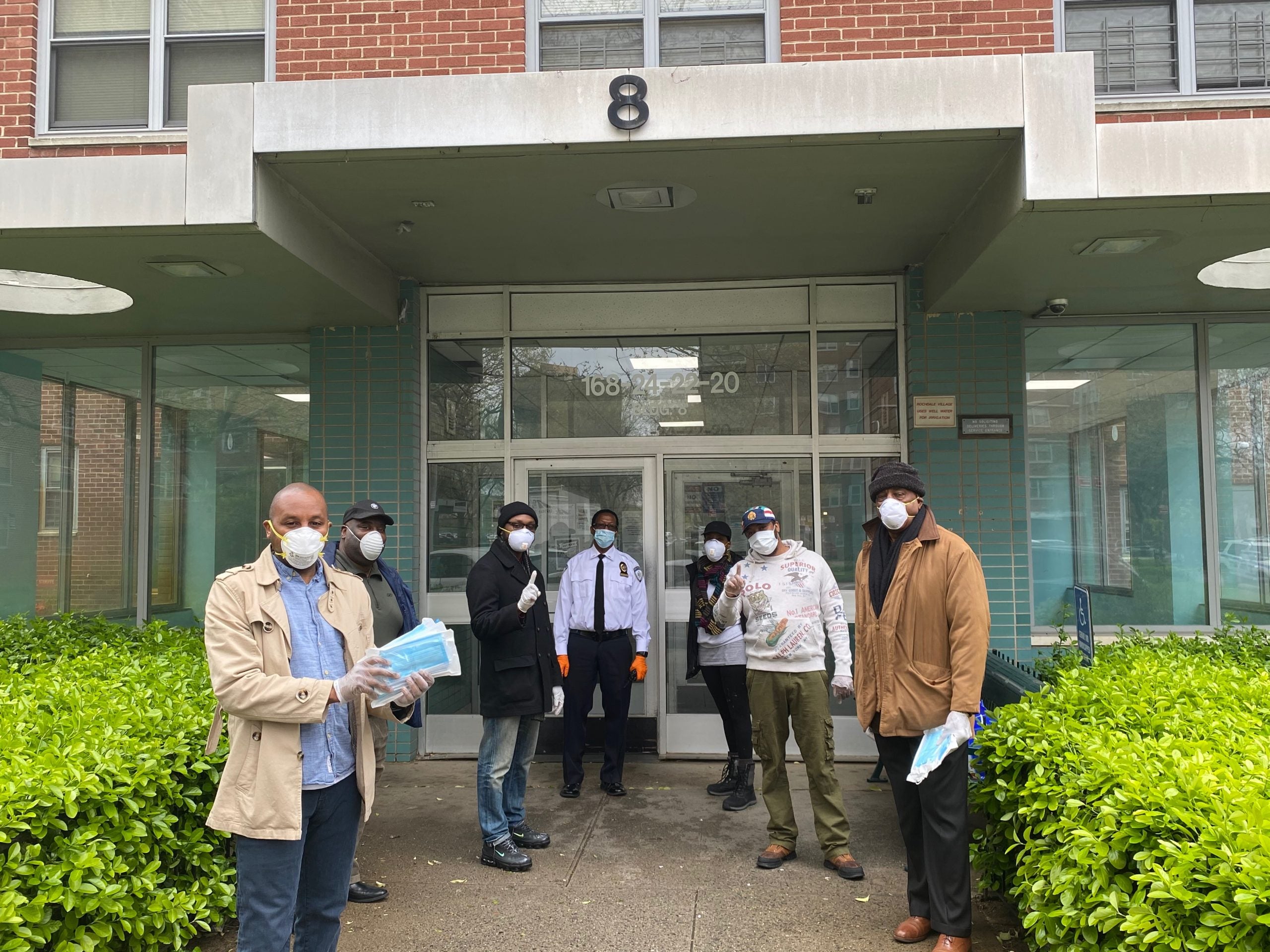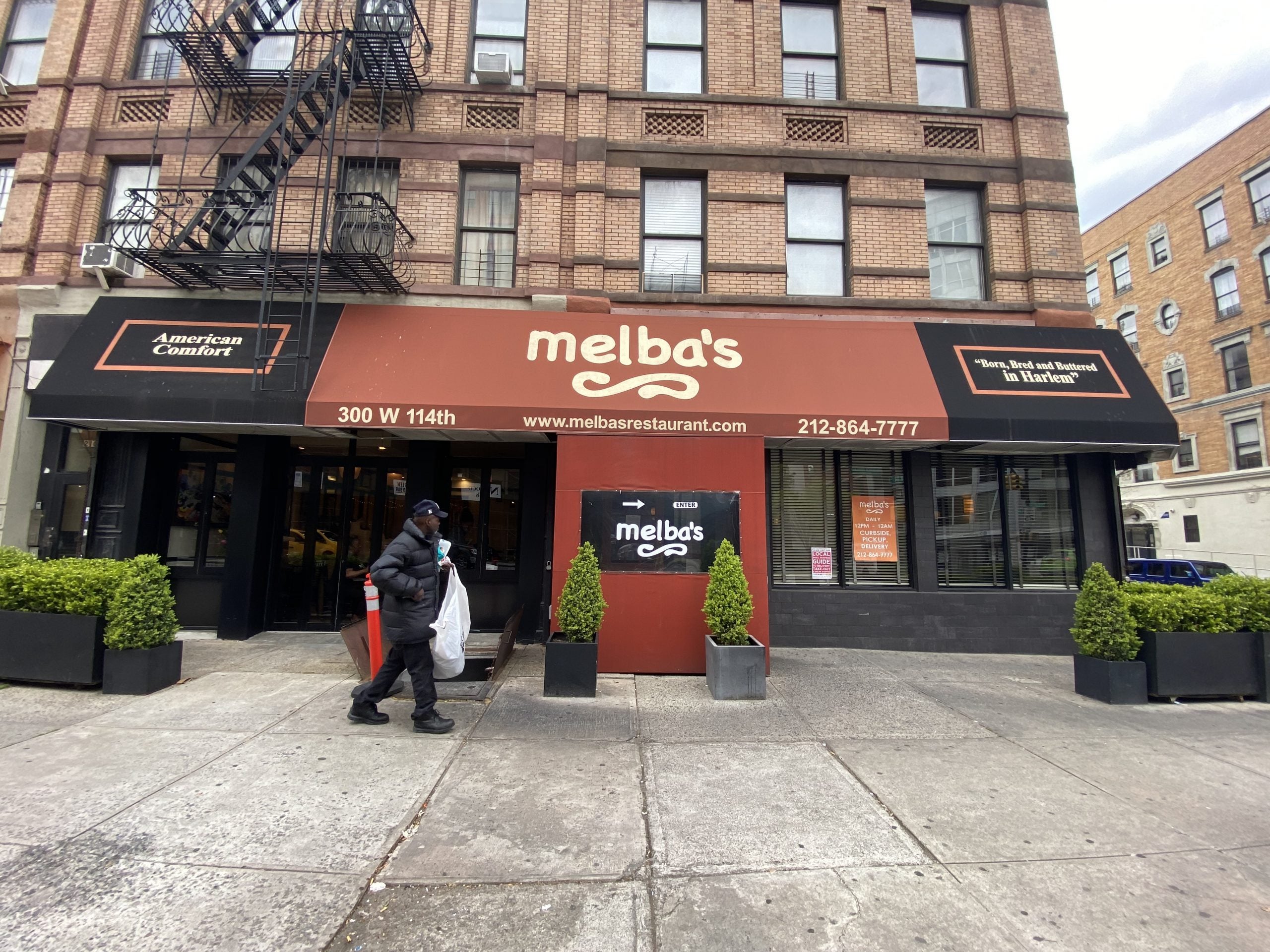
The founding chapter of One Hundred Black Men (OHBM) isn’t new to relief work. Since its inception in 1963, the individuals affiliated with the Harlem fixture have proudly organized around improving the conditions of their community, pitching in during moments of unrest under less than ideal circumstances. But in the age of COVID-19, the willingness of the civic-minded men to assist those most affected by the coronavirus pandemic presented unprecedented challenges and a level of collaboration as unique as the current climate.
Aldrin Enis, the vice-president of the New York chapter, considers it a welcomed opportunity for a Black organization to “step up” and “do what we need to for our respective communities.” They did so starting in mid-March, by expounding upon the organization’s already implemented Hunger Relief Program. The OHBM team decided in this current crisis, to assist the doctors, nurses and medical staff—all of whom are fighting on the front lines—by providing meals to hospitals in majority Black areas. Harlem Hospital, Harlem’s Mount Sinai-Morningside, as well as Lincoln Hospital and Montefiore in the Bronx have all benefited from the initiative.

“Every year between Thanksgiving and Christmas we feed 8,000 people in the city in conjunction with about 10 Black churches and the National Action Network. And so it was decided on the vice-president’s call that we should not wait until the fall because the need for this effort is now,” Michael Garner, president of the New York chapter of OHBM says. “And so we galvanized. We came up with some strategies of feeding frontline responders at the various hospitals, and we started purchasing meals from Black-owned businesses then had those meals delivered to first-line responders.”
The meals are being provided by restaurants with a Minority/Women-owned Business Enterprises certification on file with the state of New York, and OHBM is in the process of finalizing expansion into outer boroughs. “We have Black communities in Staten Island, in Queens and in all of the outer boroughs that still need that same attention that would normally be given to Harlem and the Bronx,” Enis tells ESSENCE.

According to recent reports, Black people currently account for 22 percent of New York City’s population but represent 28 percent of the deaths caused by COVID-19. The reasons are varied, but OHBM insists that its focus is on making sure that Black people who need the help, get it. That’s why outside of ensuring that emergency room doctors, nurses and staff at hospitals around the city are fed, the group partnered with other New York-based organizations to help in the distribution of more than 10,000 surgical masks to shelters, New York City Housing Authority residences and senior centers throughout the city’s five boroughs. “We just picked up where the need was,” Garner states.
OHBM also identified an educational need. After the largest public school system in the country shifted to virtual learning days following the declaration of a national emergency, the members of the organization realized they had to alter the way they mentor Black students. Starting this month the group will be moving its ‘Junior 100’ mentoring program to the digital landscape by offering mentoring to more than 100 junior scholars, including students from the OHBM-founded Eagle Academy in the Bronx.
The men say that despite the pandemic going on outside, OHBM is as focused as ever on creating a solution where there are problems. “In times of crisis,” Garner insists, “leaders lead.”